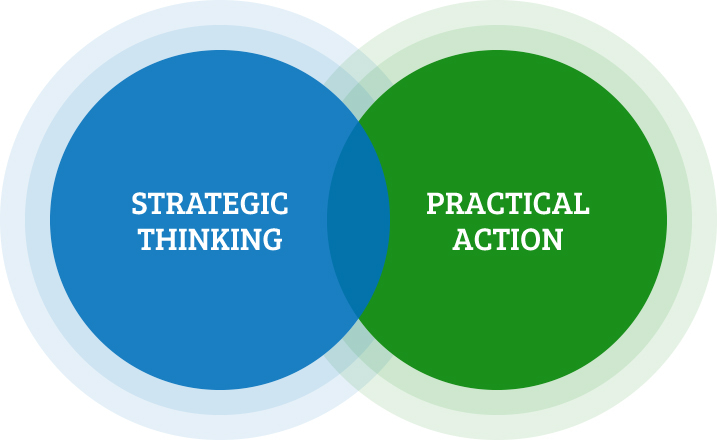Value chain analysis
Identifying opportunities and addressing barriers to growth across the food and fibre value chains
Our analysis is not only sound from a business and economic value-add point of view, but also well-accepted due to our inclusive and collaborative approach.
When assessing the viability of any business venture or project, we consider relevance, effectiveness, efficiency and sustainability. We help you seize value-addition investment opportunities that may be otherwise overlooked.
We work effectively in environments comprising many stakeholders, such as governments, farmers, industry (i.e. processing companies and input/service suppliers), cooperative groups, non-government organisations and community members.
We are skilled at quantifying economic impacts for decision makers and helping clients assess risks.
Delivering a comprehensive value chain analysis generally involves:
♦ A desk review of existing background information;
♦ Site visits;
♦ Face to face and phone interviews of internal/external project stakeholders; and
♦ Qualitative and quantitative assessment of potential value chain opportunities identified.
We ensure all possible prospective value chain development opportunities are included and that linkages between them are well understood.
Our past work includes:
♦ Designing and implementing the Afghanistan Agricultural Support Programme (ASP, 2011-17), which followed an integrated value chain approach across multiple value chains, including setting up a beekeeping initiative for women that went on to sell honey products in local markets, substantially improving wheat yields and establishing a commercial potato packhouse.
♦ Economic analysis of potential options for meat and bone meal use in the Australian pig industry.
♦ Reviewing a collaboration between the Ministry for Primary Industries in New Zealand and private company New Zealand Merino that aims to drive change in the way New Zealand’s strong wool is produced, marketed and sold, for the benefit of the New Zealand economy.
♦ Designing and implementing two five-year donor-funded programmes focused on improving the sustainability of dairy value chains in Fiji and Zambia.
♦ Analysing a national pork value chain for the New Zealand Pork Industry Board and recommending improvements.
♦ Designing and implementing value-addition support in the livestock products industry in Afghanistan through co-funding grants and targeted technical assistance to firms processing and marketing livestock products.



